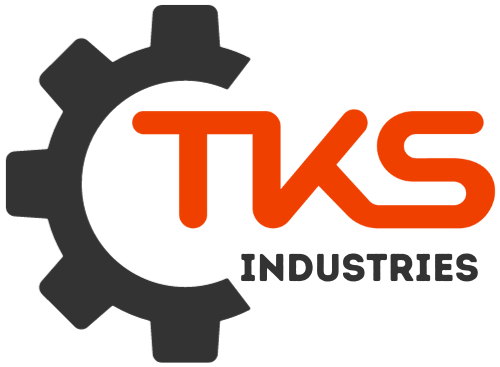[ad_1]
The Ultimate Guide to Used Machinery: Tips, Tricks, and Strategies for Buying and Selling Pre-Owned Equipment
As the industrial landscape continues to evolve, the demand for used machinery has increased significantly. Whether you’re a seasoned manufacturer, a startup entrepreneur, or a seasoned trader, buying or selling used machinery can be a lucrative venture. However, it’s essential to navigate the market with caution and ensure you’re making an informed decision.
In this ultimate guide, we’ll cover everything you need to know about buying and selling used machinery, from understanding the market to conducting inspections and negotiations. By the end of this article, you’ll be equipped with the knowledge and confidence to tackle the world of used machinery like a pro.
Understanding the Used Machinery Market
Before diving into the buying or selling process, it’s crucial to understand the used machinery market. Here are a few key points to consider:
- Market demand: Certain industries, such as construction and manufacturing, tend to drive demand for specific types of machinery.
- Supply and demand imbalance: If there’s a shortage of machines in a particular industry, prices may rise.
- Condition and age: The condition and age of the machine can significantly impact its value.
- Regional differences: Prices and availability can vary greatly depending on the region and local market conditions.
Conducting Research
When buying or selling used machinery, research is key. Here are some essential steps to take:
- Industry reports: Review industry reports and publications to stay informed about market trends and demand.
- Machinery associations: Join industry associations or attend trade shows to network with suppliers, manufacturers, and other traders.
- Online marketplaces: Browse online marketplaces, such as MachineryTrader.com or eBay, to research prices and machine availability.
- Referrals: Ask colleagues, friends, or industry experts for recommendations and insights.
Inspecting Used Machinery
Inspecting used machinery is a critical step in the buying or selling process. Here are some essential tips:
- Visual inspection: Check the machine’s overall condition, looking for signs of wear, damage, or corrosion.
- Functionality testing: Test the machine’s functionality to ensure it’s operational and in good working order.
- Documentation: Review documentation, such as manuals, warranties, and maintenance records.
- Warranty and support: Check if the machine is still under warranty and what support is available from the manufacturer or seller.
Negotiating and Closing the Deal
When negotiating the price of used machinery, remember the following:
- Fair market value: Establish a fair market value for the machine based on your research and inspections.
- Counteroffers: Be prepared to make counteroffers and negotiate the price.
- Contract and documentation: Ensure all agreements and contracts are in writing and include essential details, such as payment terms, warranties, and support.
Selling Used Machinery
If you’re looking to sell used machinery, here are some tips to increase its value:
- Proper cleaning and maintenance: Ensure the machine is clean and well-maintained to show its true condition.
- Highlight key features: Emphasize the machine’s key features, such as its age, condition, and functionality.
- Provide documentation: Include documentation, such as manuals and maintenance records, to support the sale.
- Market through multiple channels: Advertise the machine on multiple platforms, including online marketplaces, social media, and industry publications.
Buying Used Machinery
When buying used machinery, keep the following tips in mind:
- Set a budget: Determine your budget and stick to it to avoid overspending.
- Inspect and test: Conduct a thorough inspection and test the machine to ensure it’s operational and in good working order.
- Check documentation: Review documentation, such as manuals and maintenance records, to understand the machine’s history and condition.
- Consider certified machines: Look for certified machines, such as those with a warranty or certification from a reputable third-party inspector.
Conclusion
Buying and selling used machinery can be a complex and intimidating process, but with the right knowledge and strategies, you can navigate the market with confidence. By understanding the market, conducting thorough research, inspecting machinery carefully, and negotiating with sellers, you’ll be well on your way to finding the right machine at the right price. Remember to stay informed, be prepared, and always prioritize quality and functionality. With these tips and strategies, you’ll be a used machinery expert in no time.
[ad_2]
